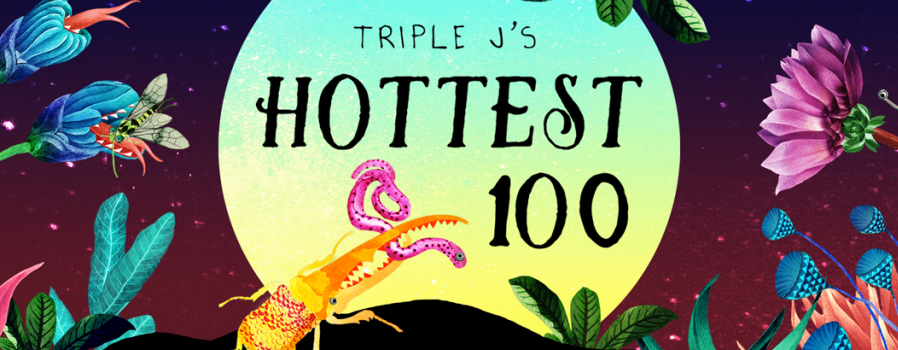The word isn’t personal and it isn’t a term about us as individuals. It’s a word about context, and about who we are and where we come from. It isn’t bad nor offensive.
It’s about appreciation and respect.

The term is privilege, and understanding this three syllable word has the potential to bring about real and meaningful social change if we let it. The first step is just getting to the point of what it really means.
For starters, everybody’s experience of life is different. We will each celebrate happiness and have to face hardships during our lifetime. At times our lives will be hard, but acknowledging privilege in ourselves does not take away from the very real hurt we can feel. In the same way, acknowledging privilege in others does not take away from their achievements.
Too often, we find ourselves defending our privilege as if it is something we are ashamed of – but this, and but that – overshadowing our ability to see the winnings we have in life’s lottery.
In reality, denial is the worst thing we can do, which is why it is important to examine it in a larger context.
This year’s Hottest 100 was dominated by male musicians. The lack of racial and gender diversity further polarised the type of Australia represented on our airwaves on the 26th of January.
But it seemed pretty normal.

Further, academics are now critiquing the ATAR as an indicator for success at university. My own university tutor wrote in the Sydney Morning Herald that the biggest indicator of an individual’s ATAR mark is their postcode.
So let’s examine these two points in terms of privilege.
Noticing that we did not vote for diversity in the hottest 100 does not go to say that the artists and musicians who placed “didn’t really deserve it.” I am sure they worked very hard and took sacrifices for their careers.
However, realising this shows us what we’re used to, what we privilege and what we value. It demonstrates how it is harder for people who do not fit the pre-established mould to “make it”, and outlines the limits of privilege on those who have less of it.
When we realise this, we can shift our social thinking towards inclusivity and diversity so that we can avoid being kept in the bubble we have created for ourselves.
Further, a discussion of ATAR’s is not to the take away from the achievements of people who tried hard and succeeded during the HSC. It’s about how we can make university better for everyone, and how we can give opportunities to the people who need it most.
A discussion of privilege is not about bringing people down, it is about helping us understand our values, our position and using them to help others achieve and succeed.
There is no point in me saying right now that I truly appreciate how privileged I am.
I know I am privileged, but as a 19-year-old University student I am still learning what that really entails.
What I have learnt so far is this: it isn’t a competition, and it isn’t about bringing others down. Everyone has their story. We shouldn’t be bidding against each other, or taking offence.
What we need to do is understand what it is that we have that makes us privileged, and see how we can use this understanding to critique the social conventions that leave others worse off.
And we should never, ever, make a mockery of the plight of others, but instead, we should listen and appreciate.

